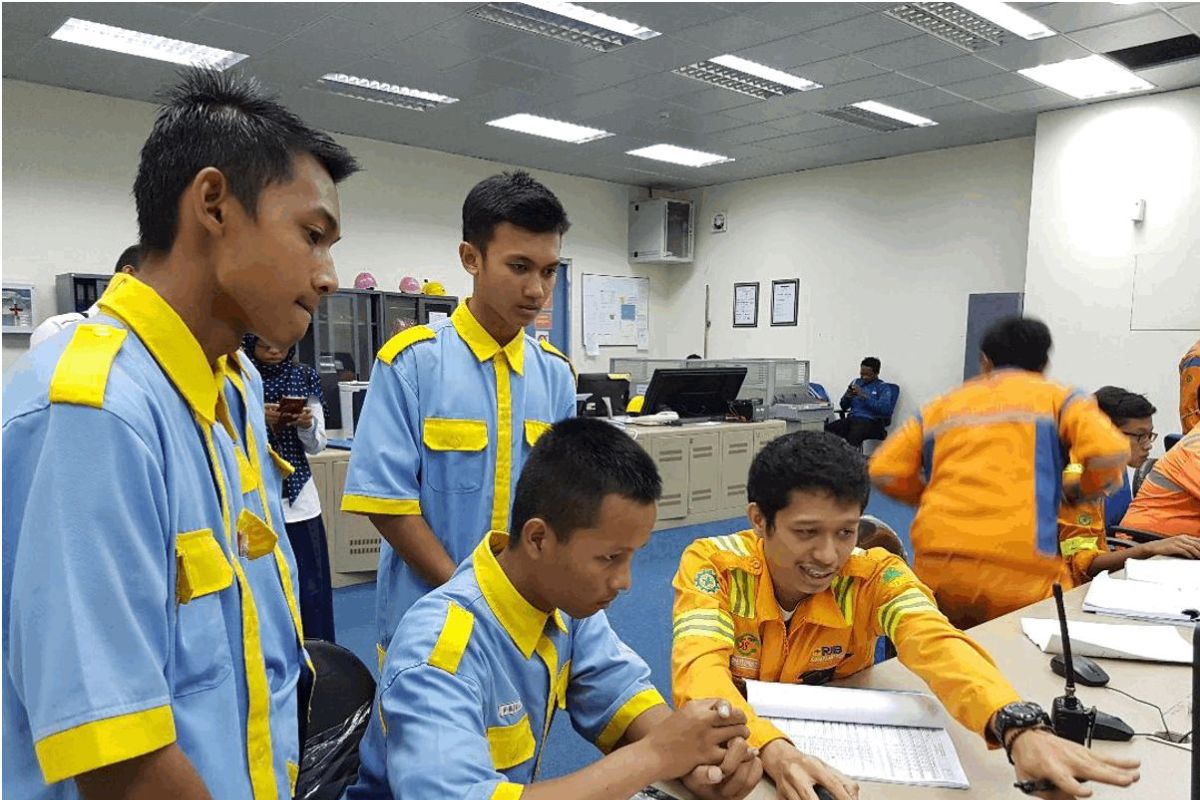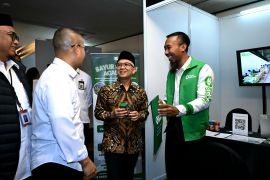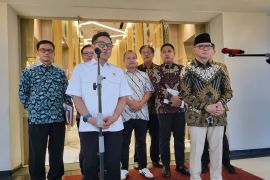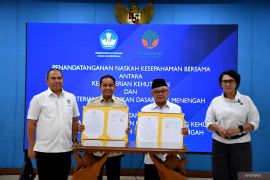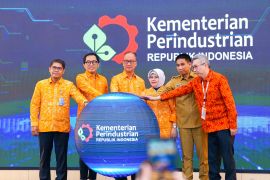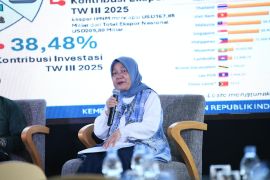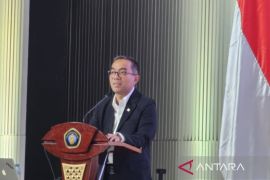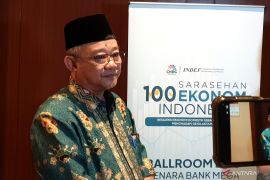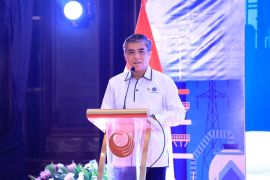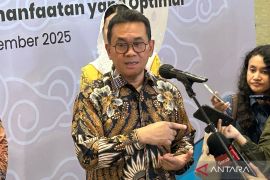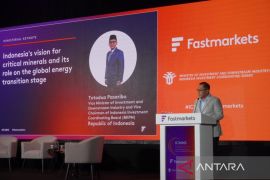President Joko Widodo has repeatedly emphasized that Indonesia’s education system must focus on providing job skills to the younger generation.
Preparing the youth to become skilled professionals is essential for attaining the demographic dividend and for facing increasingly intense competition with other countries.
Vocational education and training in Indonesia will be further strengthened as its development strategy shifts from physical infrastructure development to human development.
While Indonesia has focused efforts to build infrastructure in the last four years, improving the quality of its human resources is a prerequisite so that it does not remain trapped in the middle-income group.
Business World
In Indonesia, the existence of a competent workforce is not only essential for development on a larger scale but also for the productivity of businesses and industries.
However, vocational education units in Indonesia, especially vocational high schools (SMK), which are projected to produce work-ready graduates, are still facing various challenges in meeting human resource needs that are in line with industry requirements.
To this end, concrete breakthroughs are needed in human resources development, including efforts to boost competency through the optimization of vocational schools.
One of the efforts that the government is currently carrying out is the Vocational High School Center of Excellence (SMK PK) Program, which was initiated by the Directorate General of Vocational Education at the Ministry of Education, Culture, Research, and Technology (Kemendikbudristek).
Since 2020, the government has made several efforts to obtain breakthroughs in realizing harmony between vocational education and the business and industry world.
The 2022 SMK PK Program has been updated by adding a matching support scheme that will involve industries more intensively.
Director-general of vocational education at the Ministry of Education, Culture, Research, and Technology, Wikan Sakarinto, revealed that 901 vocational high schools spread across the country have joined the program, and the number will continue to increase till the registration for the program closes on January 14, 2022.
The ministry believes that schools have four stages of development and it is committed to assisting schools’ development at each stage through the SMK PK program, he said.
In fact, it has even analyzed the performance of SMK PK participants in 2021. He noted that most schools had reached the third and fourth stages. Though some schools were at stages one and two, but their number was minimal, he added.
When they reach the fourth stage, the government targets that the teaching factory is already optimal, the link and match are complete, and the school can have an impact on other vocational high schools, he explained.
Competent Graduates
The main target of the SMK PK program is developing vocational high schools that can produce competent graduates who can work or become entrepreneurs with competitive incomes.
In 2022, the target has been strengthened by intensifying partnerships that can have positive impacts economically.
The SMK PK program also aims to produce schools that can become an example and positively impact other vocational schools with the spirit of freedom in learning (Merdeka Belajar).
Each school under the SMK PK program receives funds to strengthen learning activities that are centered on job needs through the teaching factory method that is actively producing, increasing human resource capacity (both hard skills and soft skills), developing a project-based learning (PBL) curriculum, as well as improving the quality of facilities and infrastructure.
In terms of strengthening productivity and the economy, the SMK PK program focuses on skills that support industries with a positive growth trend so they have a high potential in the future.
In 2021, the Ministry of Education, Culture, Research, and Technology introduced the Matching Support Scheme to boost collaboration with the world of work.
The government will also encourage industries to provide more concrete support, for example, in providing budgets for SMK PK supervisors.
Through the SMK PK Matching Support Scheme, the industry can provide further intervention for the SMK PK program.
These interventions from industries can be in the form of upskilling or reskilling vocational teachers, curriculum alignment, project-based learning, fieldwork practices, assistance with facilities and infrastructure to develop teaching factories, to product downstreaming.
Therefore, the scheme is expected to help promote a sense of belonging among industries. For example, industries will later participate in giving preferences regarding the specifications of the tools used, curriculum, and so on.
Sakarinto affirmed that the ministry will help attract industries for the SMK PK Program through meetings with industrialists. He said the ministry will explain the various added values that will be obtained through such tie-ups in order to convince the industry.
If this effort is made intensively, it could increase the competence of human resources in the country through the optimization of vocational schools.
Related news: West Java's 26,312 vocational schoolers join digital business class
Related news: Education Ministry, industry players cooperate to develop local gaming
Related news: Ministry bestows awards upon industries supporting vocational schools
Editor: Rahmad Nasution
Copyright © ANTARA 2022
